Veolia Belux
Client: Veolia Belux
Product: Veolia
Title: Pulse of Nature
Media: Programmatic DOOH, Programmatic Display Bannering, Social Media Campaign, Google ads,
Country: Belgium
Date Of Campaign: 11/09/2023 - 11/10/2023
Background: Since a few years, the French company Veolia is present in Belgium. Despite its authority on the French market, the brand is little known in Belgium. Those who are aware of it, know it from the weekly garbage collection performed by Veolia branded trucks.But Veolia is more than that. The company is active in the most important domains to fight climate change: treatment of water, treatment of waste, treatment of energy.Our briefing was to create interest for Veolia and its services within the community of industry leaders, and secondary with the broad population.No hard objectives were set, as Veolia is a new advertiser in the Belgian market. We did perform a zero measurement, that we will repeat end of this year to measure effects and progress.
Idea: We created the first ever campaign that is directed by nature. Litterally.If we want to fight climate change, every issue is important. But we cannot be everywhere. That is why we let nature decide where to campaign and with what message. Because nature knows best where the most urgent problems are.On a custom setup and public data platform www.pulseofnature.be, we combined 8 data sources (ground water levels, use of energy, use of gas, population, industry density,…)resulting in a unique visualisation of the state of climate in Belgium, through a Top10 list of priorities. Showing us what in Belgium the most urgent climate challenges are, and ‘telling’ our campaign where to be present through digital billboards and geo targeted digital advertising with what specific message. Inviting the local industries and authorities to get into contact to help solve the concrete local issue.This creative idea would never have been possible without data. The insight was that the problem with climate change is so big, it’s hard to decide where to start. And instead of letting a marketing manager or a planner decide where to campaign, we left that choice with nature itself.We knew that there were several data sources on symptoms and cause of climate change in Belgium. Water levels, consumption of energy, etc. By combining those sources we were able to create a map with the most urgent problems. That map was the base of a geo located campaign, promoting action in the must urgent areas in Belgium.Our data came from diverse open sources; mainly local and federal governments.In determining the areas in Belgium with a problem in terms of climate change, we needed to be sure that what seemed a problem really was a problem. To do so, we combined 8 different data sets. Each data set created a context for the other. If for example a region showed lots of CO2 exhaust, we could see if that was normal or not by crosschecking data on for example the presence of industry in that region. If there were high levels of CO2, and few industrial activity, we knew there was an issue in that area.And that was our targeting strategy. By being present in those areas, we could actually motivate the right business to take action (with us).
Results: The campaign was considered as a success for the local client as well as the Veolia Headquarters in France.Our strategy to get free coverage on our campaign worked. Our campaign got articles in major newsmedia, worth €270K, and it was shared by opinion leaders. Reaching an extra 14% of Belgian adult population on top of the paid campaign that ran.And the numbers show that we also succeeded in generating interest for the services of Veolia. We saw an uplift in site traffic of 934%, an increase of 321% in businesses who showed interest and the campaign contributed to a business growth of 16,2%. Also, as a nice side effect, the recruitment campaign that was part of this platform, performed 300% better than previous recruitment campaign.




